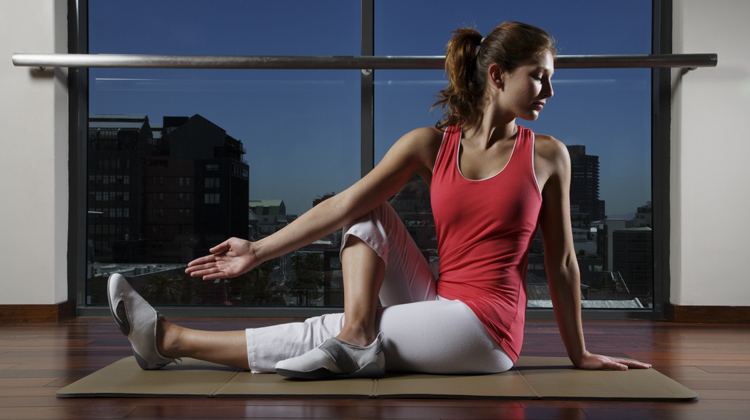SSS Team, SSSPORTS.COM

After a long day of fasting, exercising and maintaining your regular workout routine can definitely be challenging. There’s a lot to consider and adjust if you want to continue training while fasting. Instead of
letting your hard work at the gym go to waste, you can come up with a plan to maintain a healthy lifestyle during this month.
Yes, exercising while fasting can be safe when done mindfully and at the right intensity. During fasting hours, the body gradually shifts from using recently consumed carbohydrates to relying on stored energy.
After several hours without food, glycogen stores are reduced and the body begins to use fat as a fuel source. This is why low- to moderate-intensity workouts are often recommended while fasting. The key is avoiding overexertion and recognising signs of fatigue or dehydration.
The best time to work out during Ramadan depends on your energy levels, schedule, and fitness goals. Training at the right time can help maintain consistency while reducing strain on the body.
Below are common workout timings during Ramadan, along with tips for each.
Working out just before Suhoor can be effective for light activity. At this time, you are close to replenishing fluids and nutrients, which helps with recovery.
Suhoor workout tips:
This timing helps reduce muscle loss while keeping energy demands manageable.
Pre-iftar workouts require extra caution, as the body has been without food or water for many hours. Lower-intensity movement works best during this time.
Suitable pre-iftar activities include:
Avoid heavy lifting or high-intensity cardio before iftar, as dehydration risk is higher.
For many people, post-iftar is the most comfortable time to train. After eating and hydrating, energy levels are higher, making it easier to perform more demanding exercises.
Post-iftar workouts may include:
Eating a balanced meal after training helps support recovery and muscle repair.
Yes, exercising after Taraweeh is another popular option. At this time, the body has already digested food and rehydrated, making it suitable for medium- to high-intensity workouts.
This timing works well for:
Including a light pre- and post-workout snack can help maintain energy and recovery.

Ramadan workouts should focus on maintaining fitness rather than pushing limits. It is normal to reduce intensity, volume, or training frequency during this period.
Helpful adjustments include:
Trying different workout timings can help you find what feels sustainable throughout the month.
Hydration plays a major role in training safely during Ramadan. Since fluids cannot be consumed during fasting hours, it is important to drink enough water between iftar and suhoor.
To support hydration and recovery:
Balanced nutrition and rest are just as important as exercise during Ramadan.
Explore More Ramadan Fitness and Wellness Tips
Yoga During Ramadan: How to Stay Energised While Fasting
Tips for Healthy Eating During Ramadan
Subscribe to our newsletter and download our app on the App Store or Google Play for the latest updates.
Ramadan is a time of balance, reflection, and mindful living. While fasting naturally changes daily…
Those fasting during Ramadan need to start their day with foods that are filling, nourishing,…